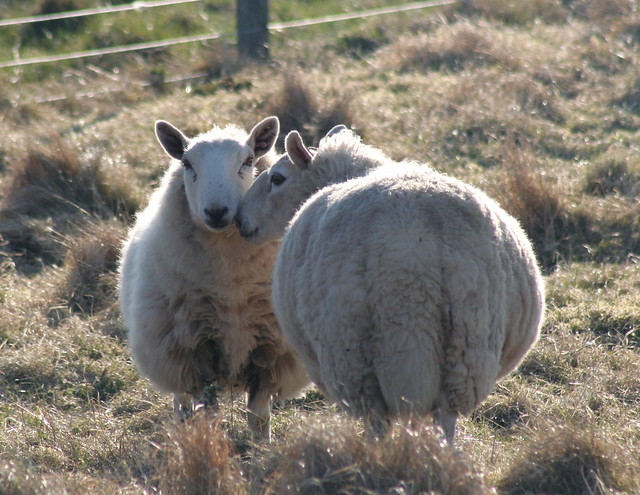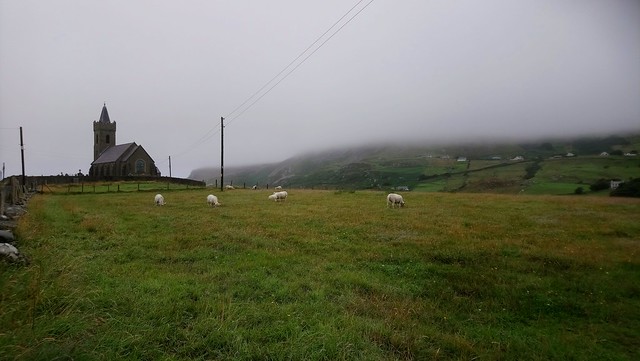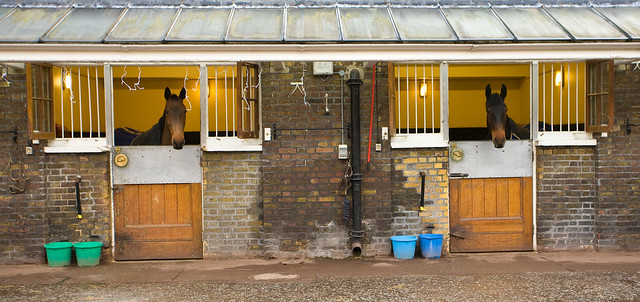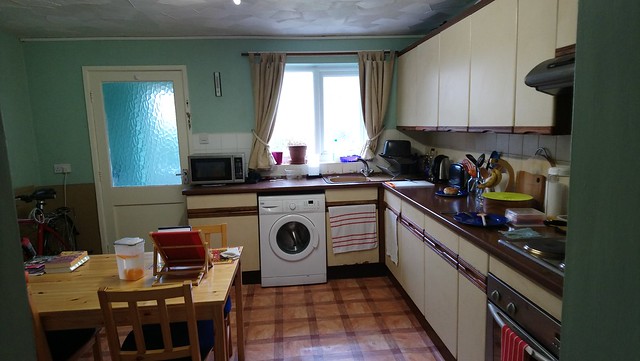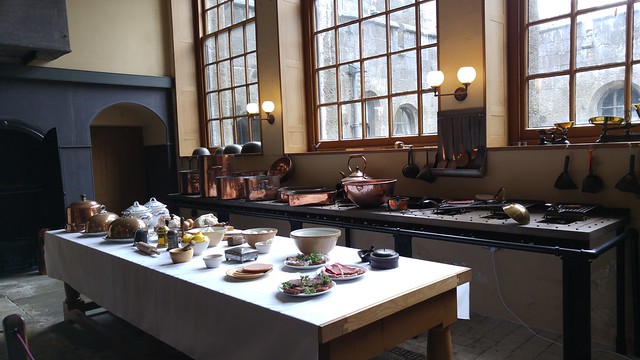Words for victory and related things in Celtic languages.
Words marked with a * are reconstructions.
| Proto-Celtic | *boudi = profit, gain, victory *boudīkos = victorious *Boudīkā = a female given name |
|---|---|
| Gaulish | *boudi = profit, gain, victory *Boudīkā = a female given name |
| Old Irish (Goídelc) | búaid [buːa̯ðʲ] = benefit, gift, profit, quality, triumph, victory, virtue búadach = gifted, triumphant, victorious |
| Middle Irish (Gaoidhealg) | búaid, boid, boad = victory, triumph, virtue, attribute, gift, advantage, profit, benefit búadred = act of troubling, distrubing, confusing; trouble, disturbance, perturbation, confusion; act of stirring up, making turbid, turbidity |
| Irish (Gaeilge) | bua [bˠuə] = victory, truimph; gift, talent; virtue merit; special quality bua morálta = moral victory ollbhua [ˈɔl̪ˠˌwuə] = landslide victory buach = victorious buachan = gain, victory buaigh = to win, gain; defeat, overcome; succeed |
| Scottish Gaelic (Gàidhlig) | buaidh [buəj] = success, conquest, victory, consequence, effect, impact, influence, sway, mastery, predominance buaidh-làrach = decisive victory buaidh-chaithream = triumph, triumphant shout or song buaidheach = victorious, effective buadhach = victorious, effective, influential, talented, gifted buadhalach = victorious, triumphant diombuaidheach = unsuccessful, unlucky, defeatist Buaidheach = Boudica (female given name) |
| Manx (Gaelg) | booie = victorious, victory, triumph |
| Proto-Brythonic | *bʉd = profit *bʉðig = victorious *Bʉðig = a female given name |
| Middle Welsh (Kymraec) | ysbud, bud, but = profit, gain, booty butic, budic = victorious, truimphant, prosperous, successful, beneficial, generous, kind |
| Welsh (Cymraeg) | budd [bɨːð / biːð] = profit, gain, booty, riches, wealth, blessing, favour, advantage, emolument, benefit, usefulness buddfawr = bearing much booty or spoils, profitable, beneficial buddfawredd = generosity, gain buddgar = conferring blessings, beneficial, generous, covetous buddged = benefit, adventage, gain, gift, reward buddio = to profit, succeed, prosper, benefit buddig / buddug = victorious, truimphant, prosperous, successful, beneficial, generous, kind Buddug = Boudica (female given name) buddugaf, buddugo = to triumph, gain a victory, conquer buddugiol = victorious, conquering, triumphant, mighty, successful buddugioliaeth = victory, conquest, supremacy, precedence, glory, triumph, exulation, jubliation |
| Cornish (Kernewek) | budh = profit budhek = victorious |
| Old Breton | bud = profit |
| Breton (Brezhoneg) | buz [byː(s)] = profit Budic = Boudica (female given name) |
Etymology: from the Proto-Indo-European *bʰówdʰi (victory) [source]. Words from the same Proto-Celtic root possibly include booty in English, butin (loot, booty) in French, botí (booty, spoils) in Catalan, bottino (booty, loot, cesspit, swag) in Italian, and Beute (booty, spoils, haul, prey, quarry) in German [source].
The name Boudica (the Queen of the Iceni who led an uprising against the Romans in 60/61 AD) comes from the Latin Boudicca / Boadicea, from the Gaulish *Boudīkā [source].
Sources: Wiktionary, Etymological Dictionary Of Proto Celtic, In Dúil Bélrai English – Old Irish glossary, eDIL – Electronic Dictionary of the Irish Language, Teanglann.ie, Am Faclair Beag, An etymological dictionary of the Gaelic language, Fockleyreen: Manx – English Dictionary, Online Manx Dictionary, Gaelg Corpus, Geiriadur Prifysgol Cymru, Lexicon cornu-britannicum : a dictionary of the ancient Celtic language of Cornwall, Gerlyver Kernewek, Devri : Le dictionaire diachronique du breton, Dictionnaires bilingues de Francis Favereau / Edition Skol Vreizh, TermOfis




